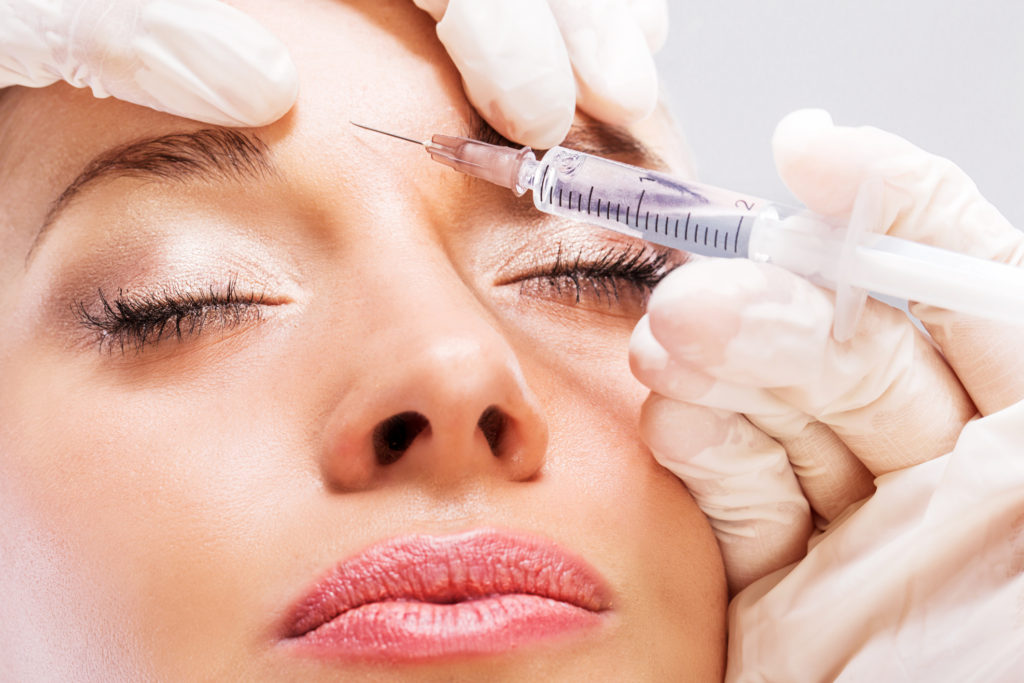We Interrupt this Heart Surgery and Botox Blog to bring you a Special News Bulletin:
We of Altiora Plastic Surgery and Medspa are proud to announce that Doctor Orlando Cicilioni is fully credentialed at the Sarasota Memorial Hospital.

Breaking News
Now you will find it more convenient and comfortable than ever to visit with Dr. Cicilioni.
Dr. Cicilioni wishes to extend heartfelt thanks to the team at Sarasota Memorial Hospital. He is pleased to be joining the Sarasota Memorial Hospital mission. Their goal is “to provide healthcare services that excel in caring, quality and innovation.”
Find out more about this prestigious healthcare system at their online resource.
Likewise, Dr. Cicilioni and his family are grateful to the entire Sarasota community for their warm welcome.
Now We Resume our Blog because We are All Heart for Another Beautiful New Use for Botox!
Special Note: Please understand. We always report the news about research and development of new surgical procedures, medicines or techniques. However, simply reporting it as news does not mean that our clinic or any other clinic yet mainstreams the new research development. We just want you to be aware of developments in the research and news of plastic surgery and medical spas.
The beauty of Botox is more than skin deep. Doctor’s have proven its medical and curative use in urinary surgeries. Likewise, dentists have applied it to severe TMJ cases. The talents of this neurotoxin seem to know no limits.
Botox is so much more than a wrinkle reducer.
Botox Beauty and the Human Heart
Smoothing out facial wrinkles was the gateway to fame for Botox. Soon, Botox could be stepping into the rarefied world of heart surgery as researchers have tapped it for a new use.

Botox brings means more than wrinkle smoothing.
It is used in “stopping an abnormal heart rhythm that sometimes develops after heart surgery. “Put simply, medical researchers at Duke University Medical Center in Durham, North Carolina injected botulinum neurotoxin into five fatty areas around the hearts of 130 patients within the study. The Each of the 63 received Botox and 67 others received a placebo.
- All of the patients had surgeries including coronary bypass surgery, heart valve surgery or both.
- The results of examinations showed “Post-surgery AFib occurred in 23 patients receiving Botox compared with 32 patients getting a placebo.”
- That might not sound like a huge statistic to you. However, the difference equates to 11.3 percent. That made a difference to those specific patients.
- However, the researchers explained that this percentage was not significant enough to prove the Botox worked.
- Nathan Waldron, M.D., lead author of the stated that cardiologists need larger studies such as this one. Read On to Discover why…
AFib after Heart Surgery
According to the statistics, AFib after heart surgery “affects 27 percent to 40 percent of patients.” This condition “can lead to longer hospital stays, higher hospital costs and high rates of stroke and deaths from any cause.”
There is a time constraint involved, which makes Botox a perfect drug for the situation. Read on to discover how:
Typically, AFib usually occurs two to three days after surgery. This is when post-surgery inflammation peaks, Waldron said.
Renate B. Schnabel, M.D., of the University of Hamburg in Germany responded. “We need new concepts in preventing post-operative atrial fibrillation.” She added that no medications currently used are particularly effective — or safe.
Dr. Waldon added, “The quest to prevent post-operative AFib is complicated by many factors, making it difficult to study…” “It’s not just one mechanism. There’s a huge inflammatory response.”
Heart Surgery and Botox: A Novel Approach
He explained one of the reasons investigators chose to test Botox. It is because it zones in on the body’s nervous system.
“One of the things that’s become clear [is that] the autonomic nervous system plays a large role in creating the background risk and acts as a trigger for postoperative atrial fibrillation,” he said. This may happen as the body reacts to the inflammation, caused by heart surgery.
Electrophysiologist Kenneth Ellenbogen, M.D., calls it a “very clever solution that’s very different from what people have been doing before.”
Another preferred feature of the drug is that Botox wears off over time. It “doesn’t necessarily hang around in the patient for days to months to come.” Other drugs do.
The news of this experiment serves as an example of how ongoing Botox research continues to enrich the beauty and the length of–human lives.
Heart, Soul and Body: A Sensuous Season
Many people misunderstand the word “sensuous,” and misinterpret it to mean sexual or carnal. Actually, the word “sensuous” is sometimes confused with “sensual.” We have turned to the dictionary to learn. Sensuous is believed to have been created by John Milton in 1641 to mean relating to the senses instead of the intellect without the sexual connotation.” So we can feel quite proper when we invite indulge your senses in the sensuous world of our Altiora services for nurturing and improving your skin.
The meaning of the word, Sensual, however does refer to gratifying carnal, especially sexual in connotation.
Of course, our surgeries and medspa procedures might help your with your sensual self-concept, too. Have you heard about the Thermiva Treatment?






